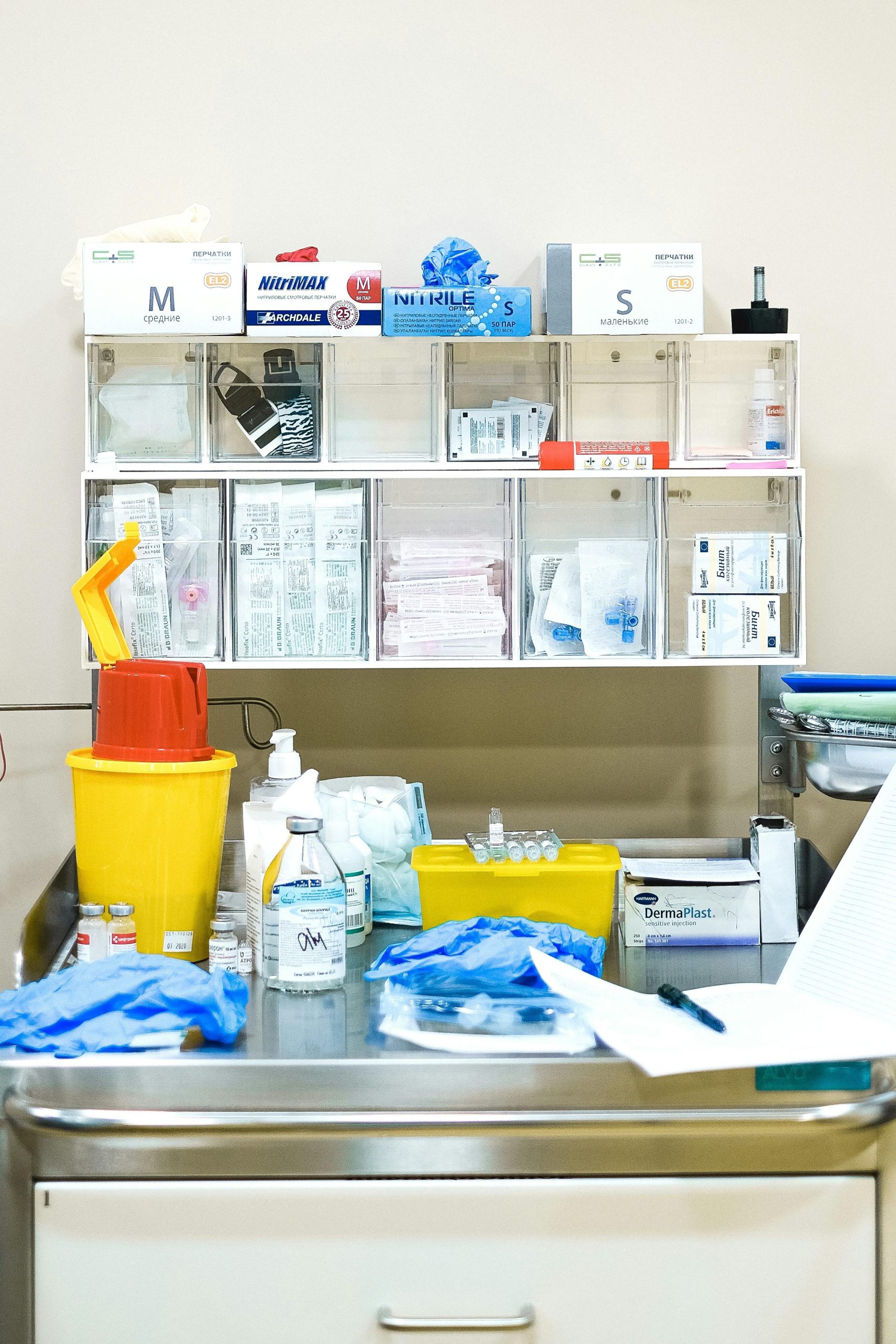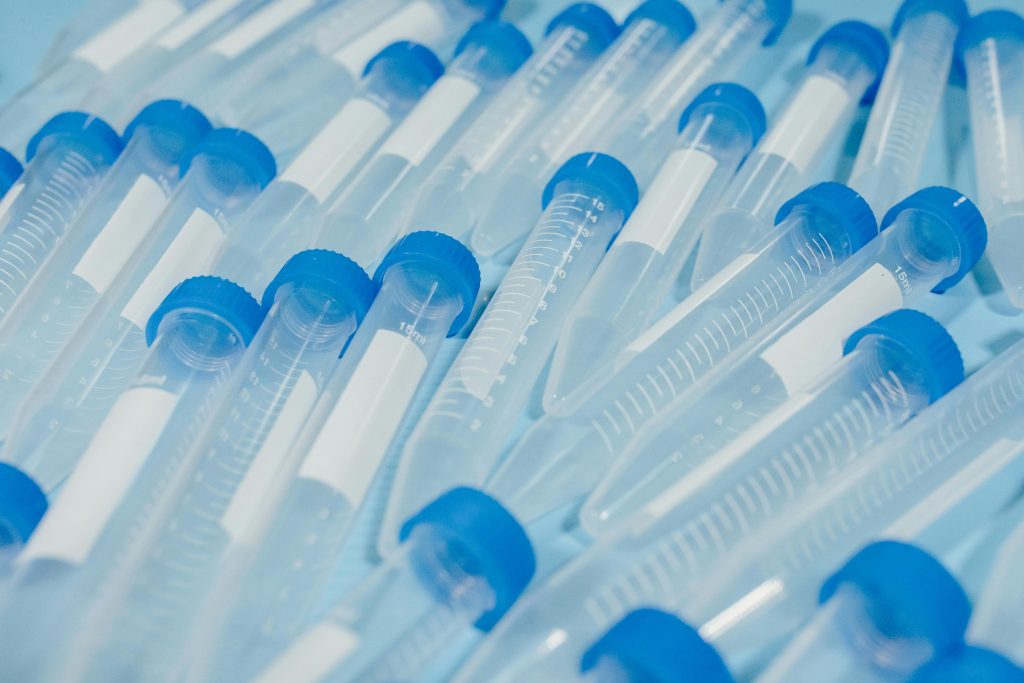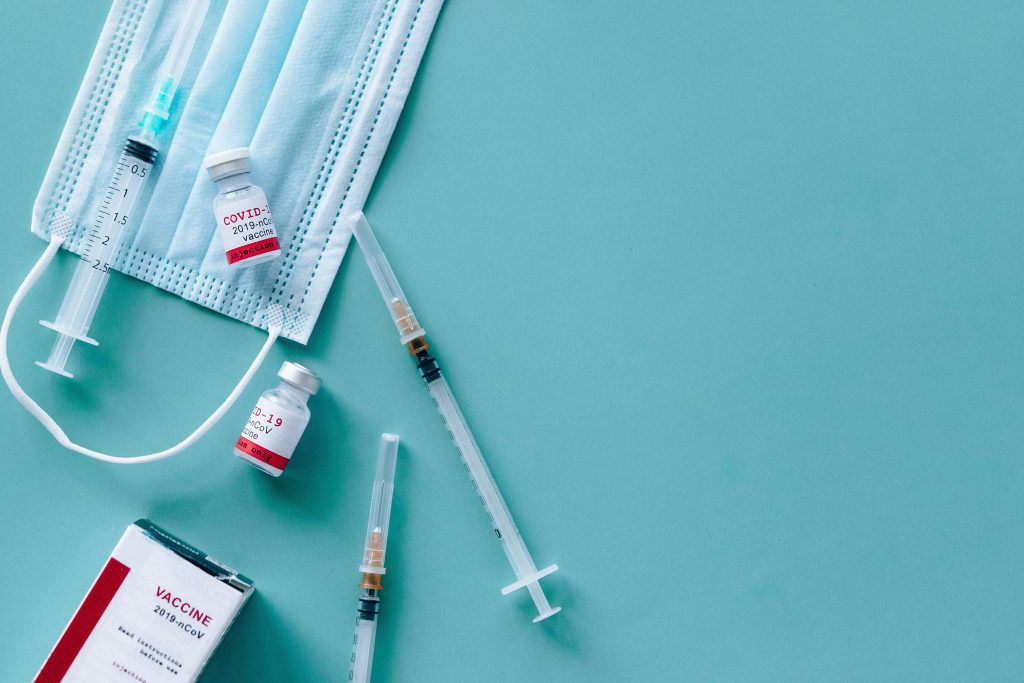Ensuring Quality in Healthcare Supplies: The Ambani Consortium Group’s Commitment
In the healthcare industry, the quality of medical supplies is paramount. From surgical instruments to diagnostic equipment, every product must meet stringent global standards to ensure patient safety and effective treatment. The Ambani Consortium Group (AGMS), a reputable Malaysian medical supplies company, has established itself as a trusted name in the healthcare sector. Since its inception in 1999, AGMS has been delivering high-quality medical supplies sourced from nature’s best, offering superior products at reasonable and cost-effective rates.
This article delves into the Ambani Consortium Group’s commitment to quality, the challenges of maintaining high standards in healthcare supplies, and the strategies they employ to ensure reliability and excellence.
The Importance of Quality in Healthcare Supplies
Healthcare supplies are the backbone of medical services, playing a critical role in diagnosis, treatment, and patient care. Ensuring the quality of these supplies is essential for several reasons:
- Patient Safety: Substandard or defective medical supplies can lead to serious health complications or even fatalities (WHO, 2023).
- Regulatory Compliance: Healthcare products must comply with strict regulations set by authorities like the FDA (Food and Drug Administration) and WHO (World Health Organization) (FDA, 2023).
- Trust and Reputation: High-quality products build trust among healthcare providers and patients, enhancing the reputation of suppliers (Czinkota et al., 2021).
- Operational Efficiency: Reliable supplies reduce the risk of equipment failure, ensuring smooth operations in healthcare facilities (WTO, 2023).

Challenges in Ensuring Quality Healthcare Supplies
Maintaining high-quality standards in healthcare supplies is no easy feat. Here are some of the key challenges faced by the industry:
- Stringent Regulatory Requirements Healthcare products must comply with a myriad of regulations, which vary by country and region. These regulations cover aspects such as:
- Product Safety: Ensuring that products are safe for use (FDA, 2023).
- Efficacy: Demonstrating that products perform as intended (WHO, 2023).
- Labelling and Packaging: Providing accurate and clear information to users (Czinkota et al., 2021).

- Supply Chain Complexity The global supply chain for healthcare supplies is complex, involving multiple stakeholders such as manufacturers, distributors, and healthcare providers. Ensuring quality at every stage of the supply chain is a significant challenge (WTO, 2023).

- Counterfeit Products The proliferation of counterfeit medical supplies poses a serious threat to patient safety and the reputation of legitimate suppliers (WHO, 2023).

- Rapid Technological Advancements The healthcare industry is constantly evolving, with new technologies and products being introduced regularly. Keeping up with these advancements while maintaining quality standards is a challenge (Czinkota et al., 2021).

- Cost Pressures Balancing the need for high-quality products with cost constraints is a constant challenge for healthcare suppliers (WTO, 2023).

Ambani Consortium Group’s Commitment to Quality
The Ambani Consortium Group (AGMS) has built a reputation for delivering high-quality healthcare supplies by adhering to the following principles:
- Adherence to Global Standards AGMS ensures that all its products comply with international standards such as:
- ISO 13485: A quality management standard for medical devices (ISO, 2023).
- CE Marking: Indicates compliance with EU health, safety, and environmental standards (EU Commission, 2023).
- FDA Approval: Ensures that products meet the stringent requirements of the U.S. Food and Drug Administration (FDA, 2023).
Example: AGMS’s surgical instruments are manufactured in ISO-certified facilities and undergo rigorous testing to ensure compliance with global standards.
- Robust Quality Control Processes AGMS employs a multi-layered quality control process to ensure the reliability of its products. This includes:
- Raw Material Inspection: Ensuring that only high-quality materials are used in production (Czinkota et al., 2021).
- In-Process Testing: Conducting tests at various stages of production to identify and address issues early (WHO, 2023).
- Final Product Testing: Subjecting finished products to rigorous testing to ensure they meet all specifications (FDA, 2023).
Example: AGMS’s diagnostic equipment undergoes extensive performance testing to ensure accuracy and reliability.
- Advanced Manufacturing Facilities AGMS invests in state-of-the-art manufacturing facilities equipped with the latest technology. These facilities are designed to:
- Enhance Precision: Ensure that products are manufactured to exact specifications (Czinkota et al., 2021).
- Improve Efficiency: Streamline production processes to reduce waste and improve output (WTO, 2023).
- Ensure Consistency: Maintain consistent quality across all products (ISO, 2023).
Example: AGMS’s production lines for medical consumables are fully automated, minimizing human error and ensuring uniformity.
- Comprehensive Training Programs AGMS recognizes that quality begins with people. They provide comprehensive training programs for employees to ensure that they are well-versed in quality standards and best practices.
Example: Employees undergo regular training on the latest regulatory requirements and quality control techniques.
- Ethical Sourcing and Sustainability AGMS is committed to ethical sourcing and sustainability. They ensure that raw materials are sourced responsibly and that production processes are environmentally friendly.
Example: AGMS uses biodegradable packaging for its medical supplies, reducing its environmental footprint.
- Customer-Centric Approach AGMS places a strong emphasis on customer satisfaction. They work closely with healthcare providers to understand their needs and deliver products that meet their expectations.
Example: AGMS offers customized solutions for hospitals and clinics, ensuring that their specific requirements are met.
Strategies for Ensuring Quality in Healthcare Supplies
For businesses looking to emulate AGMS’s success, here are some actionable strategies:
- Invest in Quality Management Systems: Implement systems like ISO 13485 to ensure compliance with global standards (ISO, 2023).
- Conduct Regular Audits: Perform internal and external audits to identify and address quality issues (WHO, 2023).
- Leverage Technology: Use advanced technologies like AI and IoT to enhance quality control processes (Czinkota et al., 2021).
- Collaborate with Regulators: Work closely with regulatory authorities to stay updated on the latest requirements (FDA, 2023).
- Focus on Continuous Improvement: Regularly review and improve processes to maintain high-quality standards (WTO, 2023).
Conclusion
The Ambani Consortium Group (AGMS) has set a benchmark for quality in the healthcare supplies industry. By adhering to global standards, investing in advanced manufacturing facilities, and maintaining a customer-centric approach, AGMS has earned the trust of healthcare providers worldwide. For businesses in the healthcare sector, ensuring the quality of medical supplies is not just a regulatory requirement, it’s a moral obligation. By following AGMS’s example, businesses can deliver high-quality products that enhance patient safety and contribute to the overall success of the healthcare industry.
References
- World Health Organization (WHO). (2023). Global Standards for Medical Devices.
https://www.who.int/medical_devices/standards/en/ - Food and Drug Administration (FDA). (2023). Regulations for Healthcare Products.
https://www.fda.gov/medical-devices/device-advice-comprehensive-regulatory-assistance - Czinkota, M. R., Ronkainen, I. A., & Moffett, M. H. (2021). International Business. Wiley.
https://www.wiley.com/en-us/International+Business%2C+11th+Edition-p-9781119577118 - World Trade Organization (WTO). (2023). Global Trade Report.
https://www.wto.org/english/res_e/publications_e/global_trade_report23_e.htm - International Organization for Standardization (ISO). (2023). ISO 13485: Quality Management for Medical Devices.
https://www.iso.org/standard/59752.html - European Commission (EU Commission). (2023). CE Marking Requirements.
https://ec.europa.eu/growth/single-market/ce-marking_en